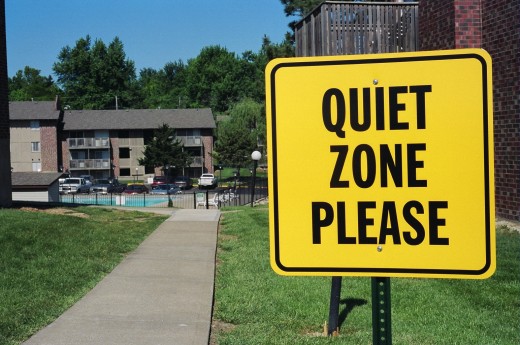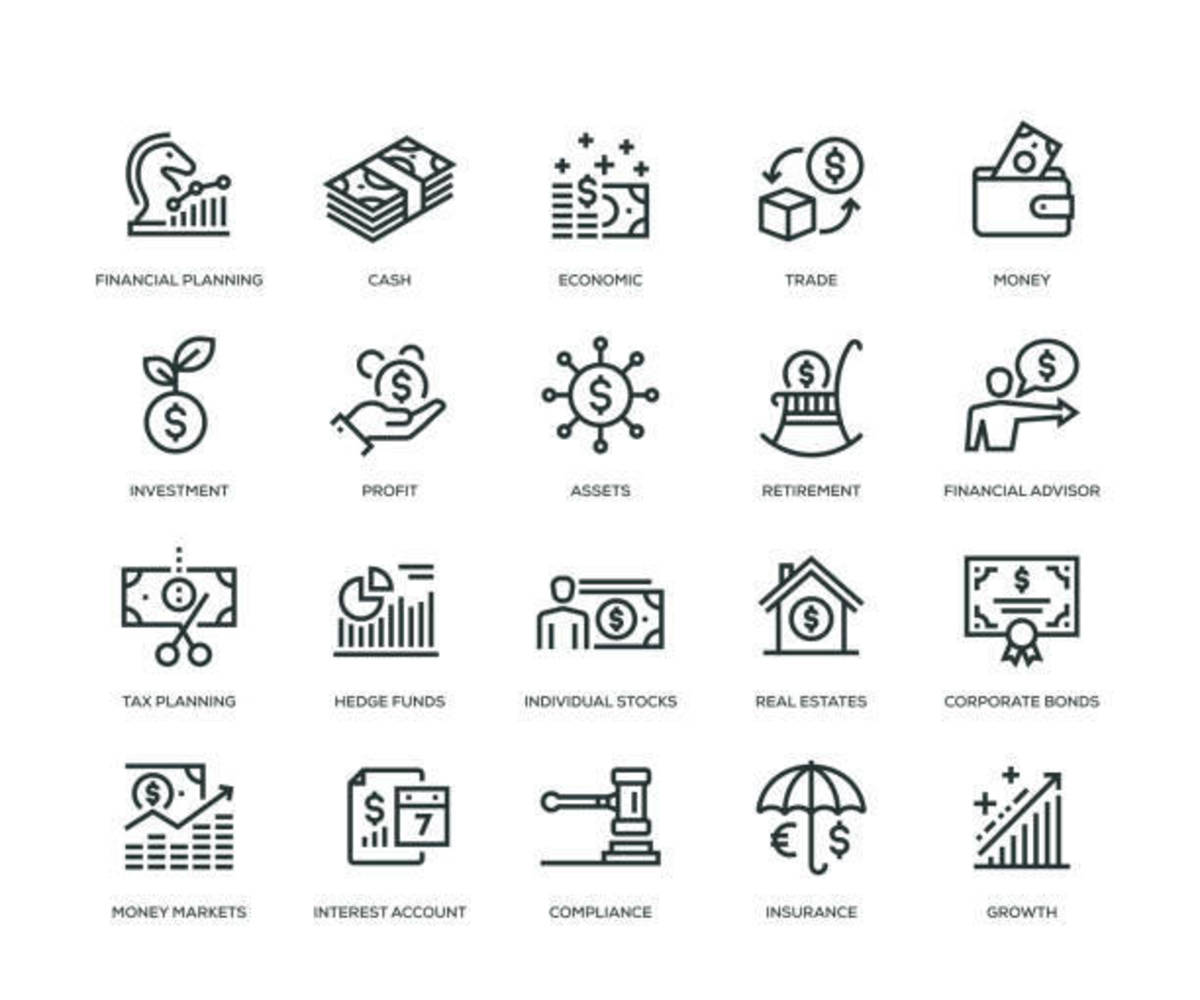The Complete Guide to Finding Your Ideal Apartment and Paying Less For It

Why is Apartment Finding So Stressful?
Chances are, you know people who live in several different apartment communities. Some are happier than others there. We all know some people who are thrilled to be in apartment complexes in which, were it us, we would be miserable. How does that happen?
For starters: apartment complexes are as diverse and different as the people who live in them.
Don't despair. There is the perfect apartment out there for you, and I'm going to help you find it.
Types of Rent Communities
Not all residential spaces you rent are apartments. Here are your options:
- Your typical, run-of-the-mill apartment in an apartment complex, probably in a suburban area.
- A downtown apartment located where land values are higher, probably a loft.
- A duplex/townhouse, possibly located in a suburban apartment complex along with the normal apartments.
- A house that is offered for rent, instead of for purchase.
- A room for rent in a house that the other people you live with actually own.
For the purpose of this hub, we're going to focus on the first three types in this list, because singular units are going to be advertised, and thus found, in different ways from apartments. The first three are all found in similar ways.

Don't Pay More For What You Won't Use
What you might unknowingly be paying a premium for, but not realize it:
- Superior school districts. If you don't have kids in the public school system, considering looking for an apartment outside of the district's lines.
- Walking distance to retail areas. If you're not much of a walker, pay less for a community a little more off the beaten path.
- Proximity to downtown. Don't work downtown, but like the city? Choose a place away from the office buildings to lower the premium from people who want to walk to work.
- Community features, like tennis courts or pools. If that's not your cup of tea, consider skipping these complexes.
Step One: Finding Your Apartment
There are countless ways you can find the perfect place to rent, and two main services that are available to help you. Our goal right now is to make a good list of 5-10 apartments that have all your must-haves in them.
The first is contacting an apartment locating company.
This is a business that operates by finding the perfect home for you, based on parameters you describe to the people who work for the service. You will usually get an opportunity to talk to real people who can help you. Best of all, it's free.The people who work there are paid by the apartment complexes themselves, who consider the price worth it to have a new tenant paying for a 12 month lease.
- You should be a little wary of this service, however, because there is no incentive for them to mention apartments with which they do not have financial agreements. They also might try to sway you toward communities with which they have more lucrative deals.
- However, they also know more about the renting market in your area than you do, and they might have the leverage to gain you a special discount.
Use them as one part of your apartment search, but don't pick an apartment based entirely on what they suggest. Do your own research too, and drop their name if you do decide to rent with one of the complexes they suggested.
The second service is searching on a website.
These are websites that you specify your search parameters (Ex: nothing more than $900/month, must have a pool) and they give you a giant list of results that are supposed to fit your specifications.
- These websites usually have gimmicks to persuade you to search through them, but the basic premise is the same. The search function is free, because it's the apartments who pay the websites for the benefit of having you sign a lease with them.
- These sites allow you to make a less biased list of apartments that might suit you well. But again, some apartments that would be perfectly fine for you will not be on these lists at all, because they have no agreements with that complex.
Your final option is doing it yourself.
For the most well-rounded list of potential apartments, you need to travel off the beaten path, and find the communities that aren't on the major websites.
- Start driving around the area in which you want to live, and drive up to any community that looks good. You don't need to make an appointment to get a brief tour and learn about prices. Most places are open on Saturdays, and some on Sundays.
- Look for smaller communities of maybe a dozen apartments, that can't afford and don't need big advertising. These communities are used to getting walk-ins and word-of-mouth advertisements to keep occupancy up.
Don't let laziness or shyness keep you from learning what you want to know! If it's worth it to you to get the best apartment for the lowest price possible, you'll take the time to do it.
Some Pointed Questions to Ask
- Are there security cameras in the parking lots?
- Do visitors have to park outside the gates at night?
- Is there a 24-hour maintenance service?
- Where are the elevators, and are they always on? (You'd be surprised!)
- When is the pool unavailable?
- How are noise complaints dealt with?

Step Two: Visiting Your Chosen Apartments
When you have a created a thorough list, narrowed down to the 5-10 apartments you're considering, it's time to go knocking at some doors.
The ideal situation is that you know someone who lives in one of the complexes you're considering. Let them show you around, and ask them what issues they have with the place. Would they live there again, if they could do it over? Mull over their least and most favorite elements, and decide if you could be happy there.
However, it's unlikely you have a friend at every single apartment on the list. That means a visit to the leasing center is necessary. The people in there are young professionals who will show you a sample room, if one is available, give you lots and lots of pamphlets, and tell you about rates and any current specials they're having.
Before you get to talking about the good stuff, they're probably going to want your name and contact information. This would be the time to mention where you heard about them, whether from a website or an apartment locator service. It's vital to do it here, because if you forget to say apartments.com, for example, they're not likely to believe you if you bring it up later.
Finally, you get the tour of the apartment. Always keep in mind their incentive: to make the community look as good as possible in order to convince you to live there. They'll show you the best stuff; it's up to you to ask the relevant questions. They won't tell you anything less-than-perfect about the apartment unless you ask for it.
When you get back to the leasing area, and it's close enough to your desired move-in date, they're going to pressure you to sign a lease then. Don't fall for it for their gimmicks. You have at least four other apartments that might be better. Smile, say thank you, and leave.

Finding an Apartment in NYC
Step Three: Talking Money
You've done it. You know where you want to live. If you're especially lucky, you'll be getting money or a free move from the apartment site that referred you. Returning to your complex of choice, you tell them you're interested in talking about a lease.
There will usually be an apartment application to fill out. There will probably also be an application fee (dumb, I know). They'll check your credit score, contact past landlords, and generally approve you as an acceptable person to live in their community. Then you'll set a lease signing date, and suddenly the ball is in your court.
Rent prices are definitely not set in stone. Think of them as a starting area, but don't give any indication that you're thinking of negotiating until your application is approved, and the landlord is ready for you to sign a lease. This is when you'll negotiate, because you know the landlord wants you as a tenant at this point.
- Read the entire lease. Don't feel rushed. You want to know exactly what exactly the terms are.
- Come prepared with other complexes' listings. Show similar apartments as this with lower prices.
- Describe flaws in your future apartment, and how you're willing to accept them if the price is lowered.
- Ask for reductions other than in price. The landlord may be much more willing to include the price of a washer and dryer in your room, or eliminations of other fees you would have to pay.
- Remind the landlord that you have a good credit history and employment record, and are dependable and trustworthy.
- The landlord is much more likely to agree to something that increases the value of your apartment, like re-carpeting or getting a dishwasher, because it increases the investment value for him.
Don't be rude or manipulative. If you leave a negative enough appearance, the landlord will no longer have a desire to do business with you. Always explain your reasoning to him. Say you love the community, but $800 a month and having to lease a washer and dryer is impossible for you instead of saying, "Give it to me for $750 or I'm walking out."
First of all, we don't want you to walk out. You like that apartment, and you don't want to have to lose your application fee and find a new apartment. Second, negotiating can absolutely be a win-win situation if you present your side of the issue civilly.
Be reasonable. When you have gotten enough to be happy with the apartment, stop pressing the issue, but do get everything down in writing. Write on the lease, and get that one copied with both of your signatures. You don't want to fall victim to a new manager three months into your lease who doesn't believe your story.
Thank the manager and leave, proud of yourself and all the money you've saved, just by not accepting the rent price as non-negotiable.
Finding an Apartment (aimed at UCLA students)
Resources For Your Use
- ApartmentLocators.com: apartment locating service, covers major cities in Texas.
- ApartmentFinder.com : US website, covers all major areas nationwide, one of my favorites.
- Apartments.com : the most popular website, but full of advertisements, and I've never had much luck with it.
- Move.com/Apartments: I haven't used this one yet, but the layout is nice, and there are some helpful articles there.
- ApartmentRatings.com : find out what other tenants thought, and learn from their mistakes! A good website.
- ApartmentSearch.com : a decent site, currently advertising up to $200 in freebies for using their site.
Books of Interest
Further Resources for Apartment Hunting and Negotiating
- 15 Tips Toward a Better Lease Negotiation
Goes into more detail in how exactly to approach your lease, depending upon the situation. - Negotiating Apartment Leases
More ideas on how to best play to your advantages to score a great deal on an apartment. - The Fine Art of Negotiating a Lease
A strong article on how, when, and why to negotiate a lease with a landlord, and the benefits it entails. - Finding Your Dream Apartment
Tips on how to be prepared for your future apartment, and how to be most efficient in your search. - First Apartment 101
The basics on what to expect before and during your move-in.





